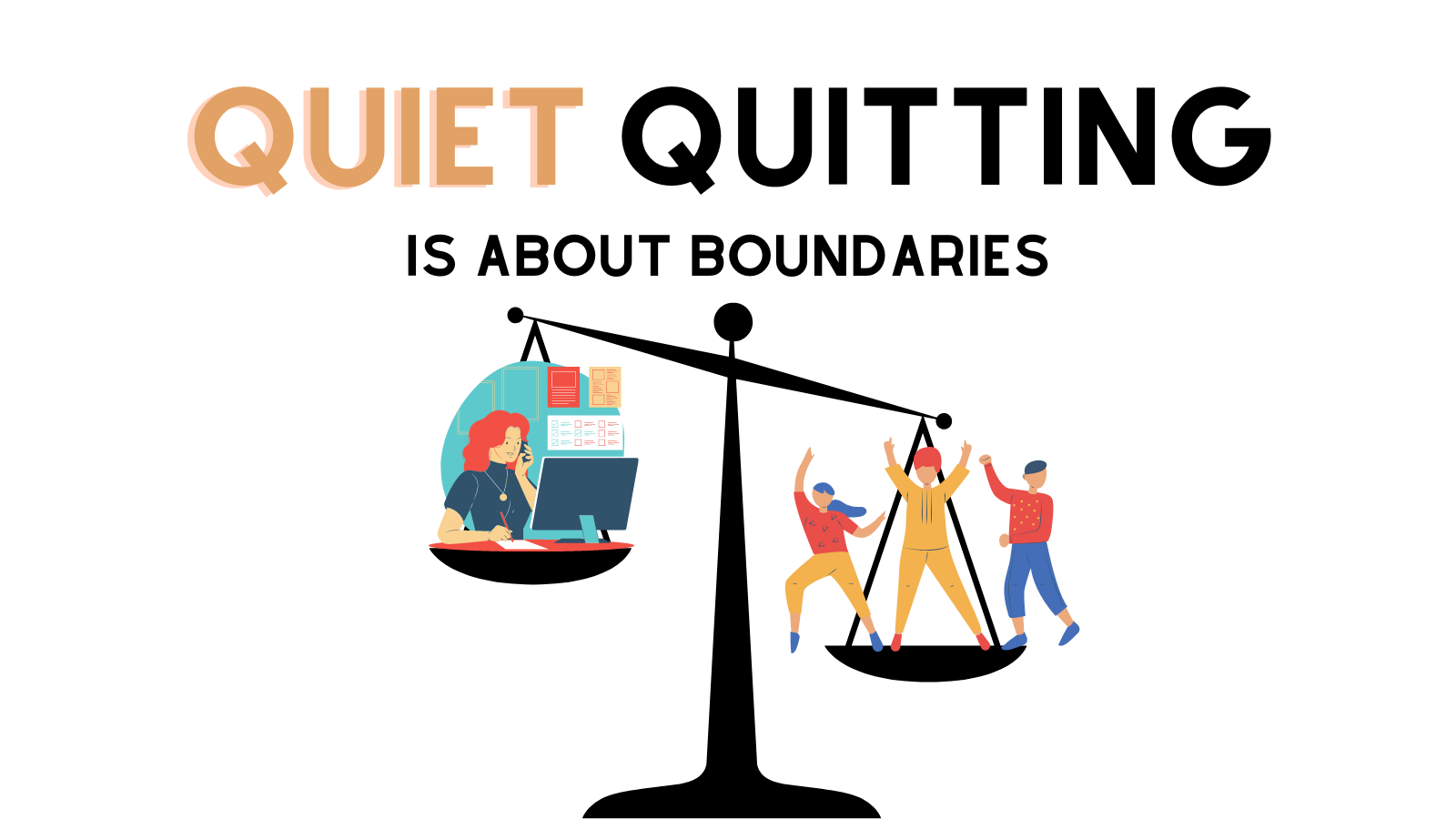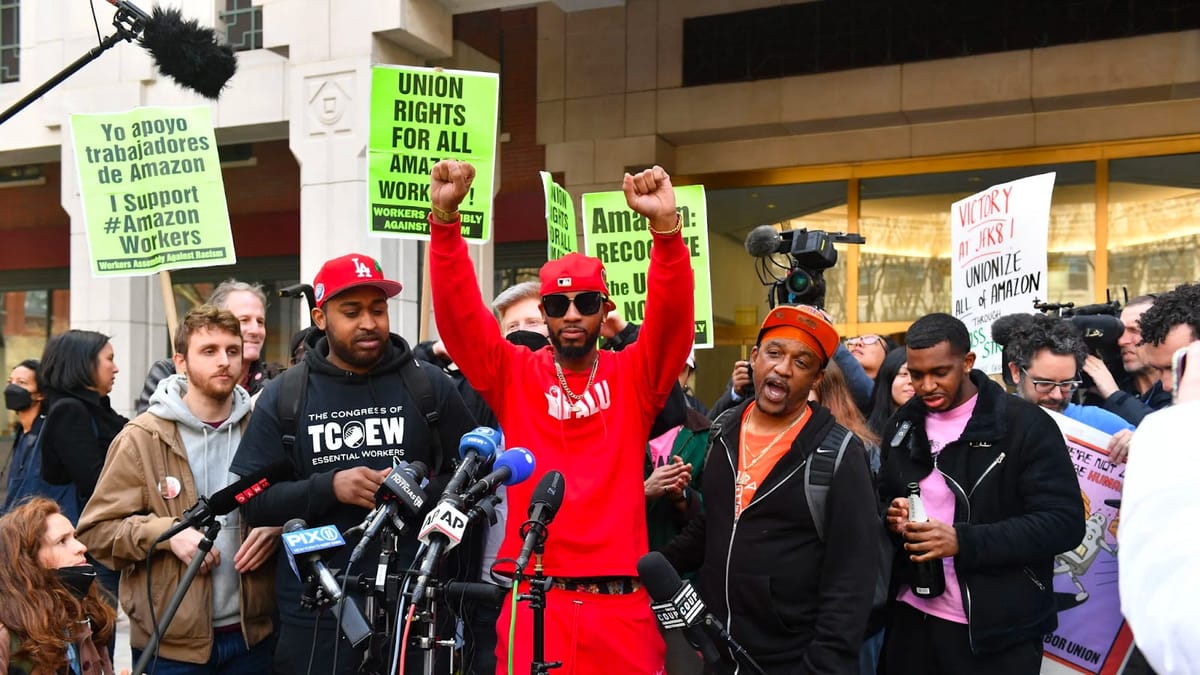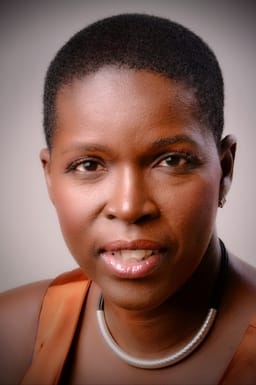
Bringing Slowness to Work: Quiet Quitting
Slowness Part IV: Taking Back Workers' Power & Life
🤓 Bite-Sized Knurd: The quiet quitting trend has been misinterpreted by many corporate news outlets, but it’s really about taking back workers' power and living your life for yourself.
In Case You Missed It: Societal Benefits of Slowness
Read on for more...
Slowness has the ability to disrupt the status quo and help us and society at large think critically and question why things are done the way they are. (for anyone just joining us, read our previous posts on slowness here, here & here)
That has especially been true when it comes to work.
I am one of the millions of people that quit their jobs during the pandemic. While I quit too early (late 2020) to technically be a part of the “Great Resignation,” the idea was the same. I felt overworked and underappreciated at an agency job. The pandemic had me playing the role of therapist, manager, strategist, crisis manager, and more! I was completely burned out to the point that I was experiencing physical illness caused by my burnout-related anxiety.
I realized that it wasn’t worth it. I wanted to do something more with my talents and join the forces of activists working to cultivate a kinder, sustainable world and a true multi-racial democracy. I have been freelancing and building Knurdology, a progressive communications & digital consulting firm, every since.
My story is unique, but I am one of millions who reassessed what work means for them in order to take back their lives.
Taking Back Your Life
This moment in labor history has caused us to add many new terms to our lexicon. The most recent being the term quiet quitting.

Quiet quitting, popularized on TikTok, is the idea that you do the job that is asked of you, but you don’t go above and beyond. It’s the opposite of hustle culture. It’s inherently about setting boundaries with work and your bosses.
Corporate media would have you believe that quiet quitting is pure laziness and another proof point that “nobody wants to work.” This is a trope that has been repeated for over 100 years in this country (no seriously, this thread will make you laugh).
But quiet quitting is actually about taking back workers' power.
Knowing Your Worth
With inflation high and wages stagnant, a worker’s salary does not go as far. This means they are doing more work to make the equivalent of what they made before.
In addition to the loss of paycheck value, many workers are being asked to do more than their roles, and guess what, it’s disproportionately people of color and women.
The rise of DEI (diversity equity, and inclusion) has been treated as an added value/nice to have for companies, which means they aren’t adding the resources needed for this work to be valuable. So rather than hiring a new department, they ask their historically marginalized workers to add this to their plate of work.
In a world where company culture and diversity are seen as volunteer tasks, it’s the people who care most about these things that get exploited.
It’s no wonder why many people are rethinking what energy they give to a company vs. to their lives. We humans only have so much energy to give. When you give 110% to your company, you have less to offer to yourself.
What is the Meaning of Life?
For many, the pandemic was a period of growth. The pause forced some to question their lives and what was really important to them.
I am by no means advocating for laziness, but I am asking what role work plays in your life and where you want to place your energies.
In 2020, I chose to place my energy towards my activism over a full-time job, but everyone’s different. If you are striving for that promotion and you really want to take on an extra project, go for it! That’s something you care about that matches your goals. But if you find that you’re too burned out, then maybe you want to save some of your energy for yourself.
- What do I want to get out of work?
- What do I value most compared to how I spend my time?
- Does my compensation match the work I’ve done for a company?
- How have my energy levels been? Have I been leaning too heavily into the work in work-life balance?
- What am I missing when I work more than is required?
- Is it worth it to me (my growth, my values, etc.) to take on this work or will my time be better fulfilled with a personal activity?
Next Week: we’re going to dive into work and labor a little more to understand why economic anxieties seem to be so high right now and how labor can be a unifying force.

the roots of change media ecosystem Newsletter
Join the newsletter to receive the latest updates in your inbox.




